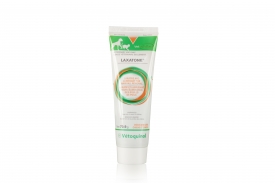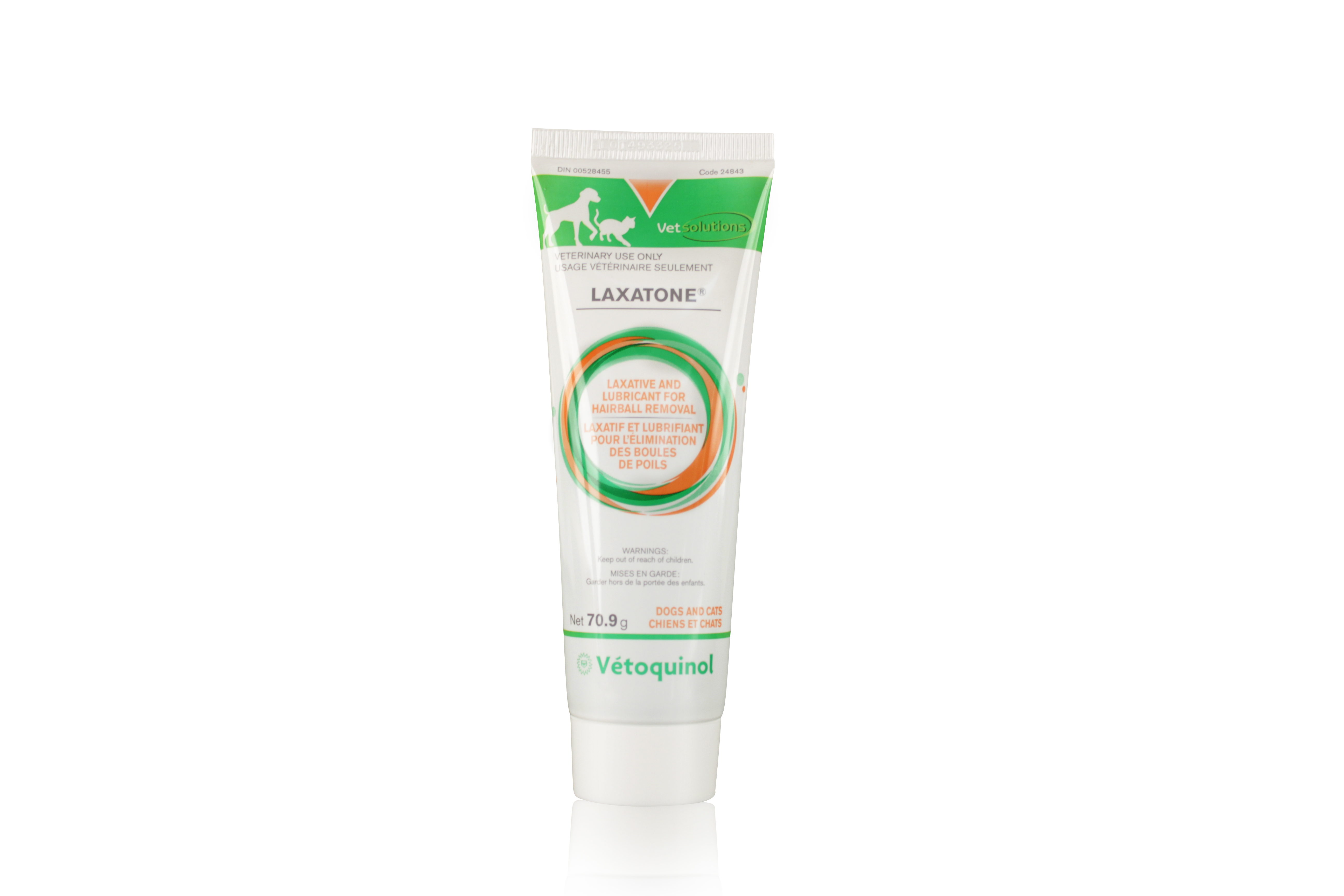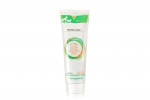
Laxatone

Description of Laxatone


Why pets need a laxative ?
Every day, cats swallow a lot of fur, which can interfere with digestion, causing discomfort and even vomiting. Digestive lubricants are available to help with digestion and allow ingested fur to pass easily through the cat’s sensitive digestive tract.
Eliminating hairballs and preventing hairball formation is important. Stool blocking the colon can become dry and harden, causing constipation-related complications. Constipation can cause the same discomfort in animals as it does in humans:
- less frequent stool;
- bloating and flatulence;
- cramps and abdominal pain;
- hard, compacted stool that is difficult or painful to pass;
- loss of appetite;
- vomiting.
Laxatone: a proven laxative and lubricant for the elimination of hairballs in dogs and cats.
Laxatone is indicated as a laxative for dogs and cats as well as being an excellent product for eliminating hairballs in cats. Cats love its gel formulation and tuna or malt flavouring.
Laxatone is available in a 70.9 g tube.
Every day, cats swallow a lot of fur, which can interfere with digestion, causing discomfort and even vomiting. Digestive lubricants are available to help with digestion and allow ingested fur to pass easily through the cat’s sensitive digestive tract.
Eliminating hairballs and preventing hairball formation is important. Stool blocking the colon can become dry and harden, causing constipation-related complications. Constipation can cause the same discomfort in animals as it does in humans:
- less frequent stool;
- bloating and flatulence;
- cramps and abdominal pain;
- hard, compacted stool that is difficult or painful to pass;
- loss of appetite;
- vomiting.
Laxatone: a proven laxative and lubricant for the elimination of hairballs in dogs and cats.
Laxatone is indicated as a laxative for dogs and cats as well as being an excellent product for eliminating hairballs in cats. Cats love its gel formulation and tuna or malt flavouring.
Laxatone is available in a 70.9 g tube.
Ingredients in Laxatone
Active Ingredients in Laxatone, Malt or Tuna Flavour (per gram) :
White petrolatum: 214 mg
Light mineral oil: 34 mg
Directions for Use of Laxatone
Directions for use :
Place a small amount of Laxatone on the animal’s nose or paws to stimulate taste interest.
Dosage :
CATS :
Hair Balls : 1/2–1 tsp daily for 2–3 days, then 1/4–1/2 tsp 2–3 times a week.
Laxative : 1/4–1/2 tsp 2–3 times a week.
DOGS :
Laxative : 1/4–1/2 tsp 2–3 times a week.
Access the Compendium
For more information on Vetoquinol products and labels, please visit the Compendium website






